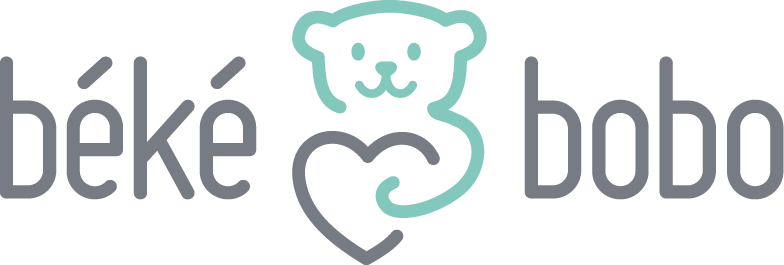
The kitchen can be a magical place where you create delicious meals while spending quality time with your family. By involving your children in this activity, you can also contribute to their development in a meaningful way. From motor coordination to learning important life skills , the kitchen can be a place for children to grow.
In this article, we explore the benefits of involving children in meal preparation. We also provide a list of tasks by age group and explain how these actions can help them develop in a positive and fulfilling way.
Here's how involving children in meal preparation can benefit their development:
The benefits
Engine development:
Meal preparation often involves activities that promote the development of children's fine and gross motor skills , such as cutting, mixing, kneading, and pouring. These activities help strengthen hand and arm muscles and improve hand-eye coordination .
Self-confidence:
When children are given tasks in the kitchen, they can feel useful and valued, which builds their self-esteem and confidence.
Healthy Eating Habits:
Children who are involved in meal preparation are often more likely to try new foods and develop healthy eating habits because they are more invested in creating the meal and are more often exposed to fresh, nutritious ingredients.
Learning life skills:
Meal planning and preparation are important life skills that can help children become more independent and self-reliant , which will serve them well throughout their lives.
Development of mathematical skills :
In the kitchen, we often have to calculate quantities, subtract and even divide if necessary. The child can count certain foods, you can count out loud and explain how the measuring tools work in the kitchen.
Family sharing time: This activity to do as a family is often a time of sharing and collaboration, which strengthens family ties and allows children to feel integrated into the life of the home .
Tasks according to age:
Before you get your hands dirty, prepare your space so that it is clean and safe. To prevent your child from staining his clothes, consider giving him a large bib or apron. Our long sleeve bib is just perfect for kids from 6 to 36 months who love getting dirty! The fabric is waterproof and can be machine washed when dirty. It's a must -have for your little chefs!
6 to 18 months :
Obviously, little babies can't cook, but they are very good observers! It is precisely by watching you do that they will learn and perhaps their interest in cooking will develop.
They can:
- Wash fruits and vegetables with water (under supervision)
- Playing with plastic kitchen utensils while cooking
- Mix ingredients in a salad bowl or bowl with a plastic spoon
- Taste cooked foods to experience new flavors
- Help put food into containers or molds
You can also use cooking as an opportunity to stimulate your children's senses by letting them smell the different scents of herbs and spices, showing them pictures of colorful fruits and vegetables, and letting them taste different textures and flavors.
2 to 4 years:
- Wash fruits and vegetables with water
- Mix the ingredients in a salad bowl or bowl.
- Using the safety knife KiddiKutter for cutting simple foods like fruits and vegetables
- Using a brush to coat food with sauce
- Help put food into containers or molds
- Use a cookie cutter to cut out simple shapes
- Help assemble simple foods like sandwiches or salads
5 to 7 years:
- Peel fruits and vegetables with an age-appropriate vegetable peeler
- Using the safety knife KiddiKutter to cut simple foods
- Measure ingredients with spoons and cups
- Mix the ingredients with an electric mixer under supervision.
- Whisk eggs or whipped cream with a hand whisk
- Roll out pie or pizza dough with a rolling pin under supervision
8 to 11 years old:
- Using the safety knife KiddiKutter to cut simple foods
- Cutting more difficult foods using kitchen knives under supervision
- Cooking simple foods on the stove under supervision
- Using a microwave to reheat food
- Read a recipe and follow the instructions independently
- Do more complex tasks like preparing marinades or salad dressings
12 years and older:
- Use all kitchen utensils, hotplates and the oven independently and safely
- Prepare more complex dishes from recipes
- Use different cooking techniques, such as frying and baking
- Adapt recipes for specific dietary needs, such as food allergies or special diets
Meal preparation, this simple everyday task, can quickly become a magical and educational moment when done with our little ones.
Parents and children: get cooking!
__






